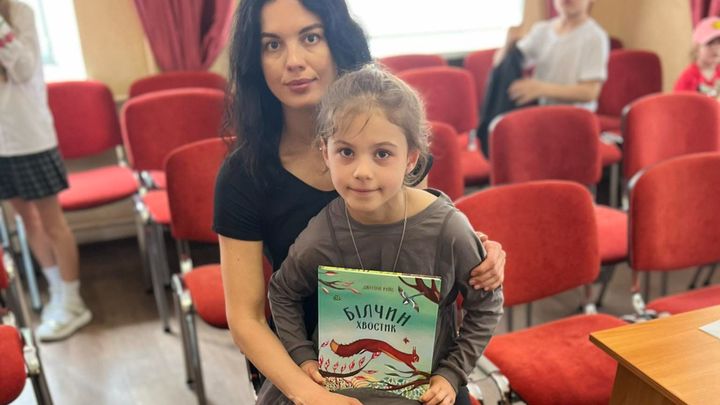
The Hope and Healing Centre in Zhytomyr, Ukraine.
Donation protected
I'm Julian Reisz, the author of The Squirrel's Tail and I am raising funds for the new Hope and Healing Family Centre in Zhytomyr, Ukraine. This already gives traumatised and disabled children mental health and practical support and provides a community meeting place for parents. But it could do so much more. I explain here my own involvement in the project and why it urgently requires your help.
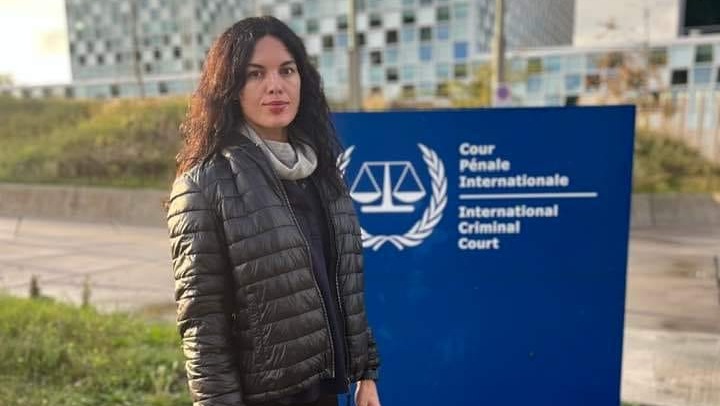
Olena Galaguza, the hero of this story
Two years ago, when the Ukraine war started, I met Olena Galaguza in Sweden, where she had arrived with her mother and daughter as refugees. I hired her as a translator and was immediately inspired by her story and her passion. I had just published a children’s book, The Squirrel’s Tail, based on a story I had invented to cheer up my daughter Elisa when she was going through multiple surgeries as a toddler. I had always hoped it would also help other children find hope and courage when dealing with trauma and loss, so I was delighted to give Olena a copy for her brave daughter Lina.
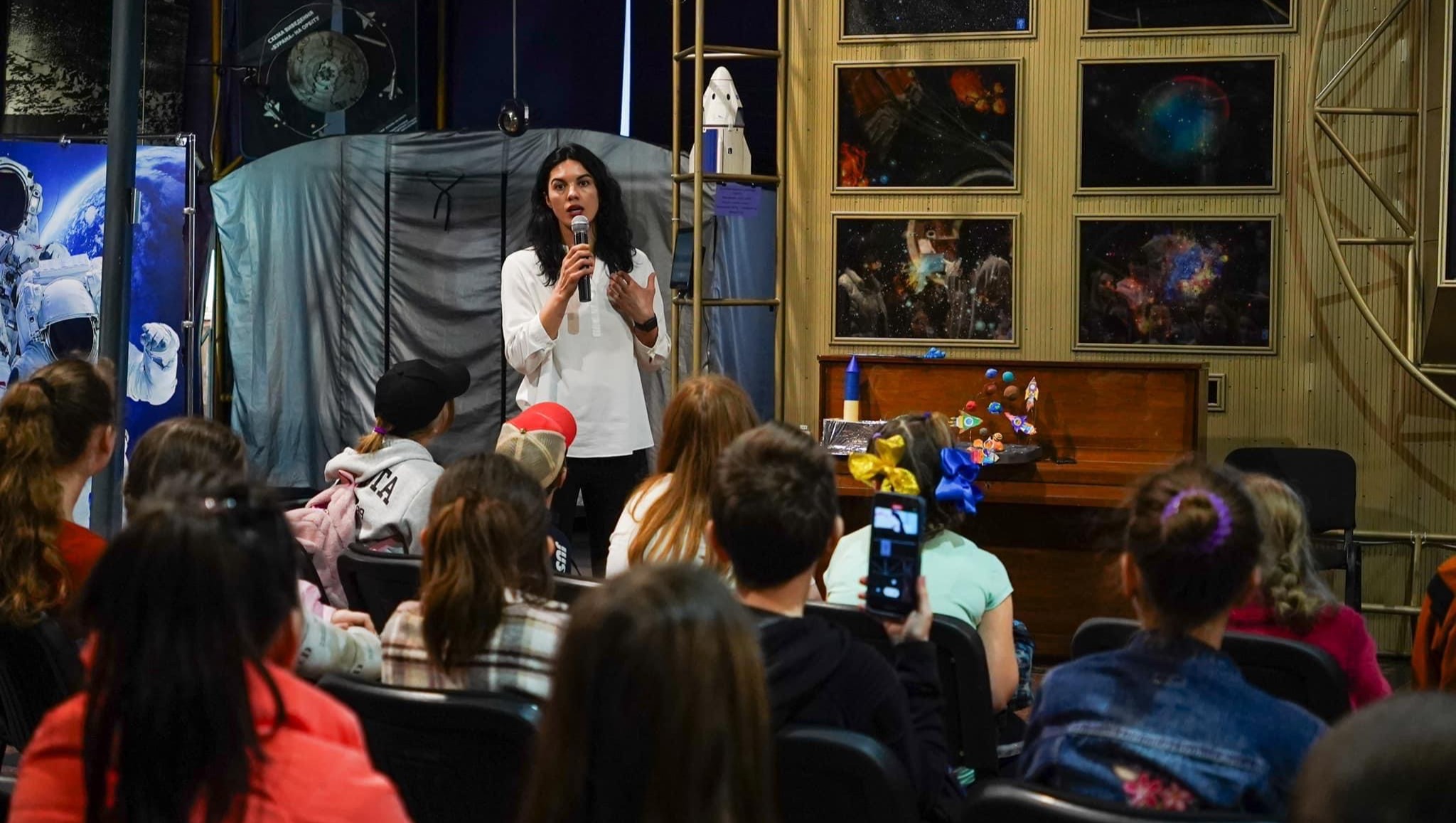
Not long afterwards, Olena decided to return to Ukraine, where she felt she could be of greater use and offer Lina a life closer to her family and particularly her father, who is fighting on the front line. Determined to do all she can for her country, she has worked on human rights cases, coached young people in weightlifting and supported local families in Zhytomyr. She took it upon herself to translate The Squirrel’s Tail into Ukrainian and I gladly granted Zhytomyr State Polytechnic University the right to publish 500 copies of the book. It now forms one element of Olena’s inspiring plans for a centre to provide help and support to some of the children devastated by the fighting in Ukraine.
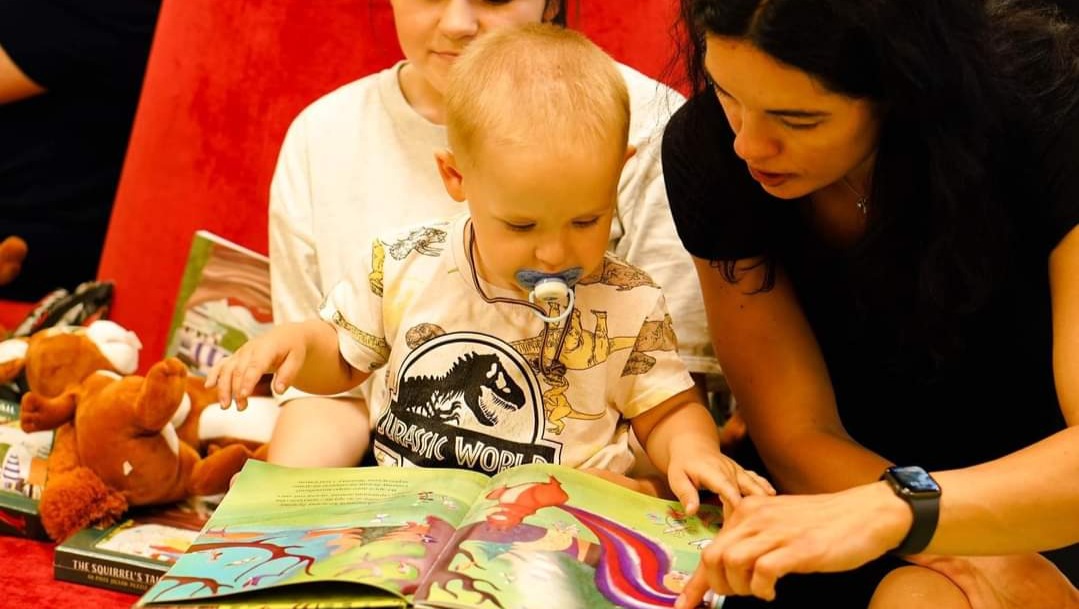
What is the Hope and Healing Family Centre?
“Surviving the war isn’t just about not getting shot,” explains Olena. “it’s about having the mental strength and courage to get through trauma and see hope for the future. This is so important for children who have been robbed of their innocent childhood.” Her support centre is a joint programme with the National Space Museum, the Zhytomyr Special School (for disabled kids) and the Zhytomyr State Polytechnic University.
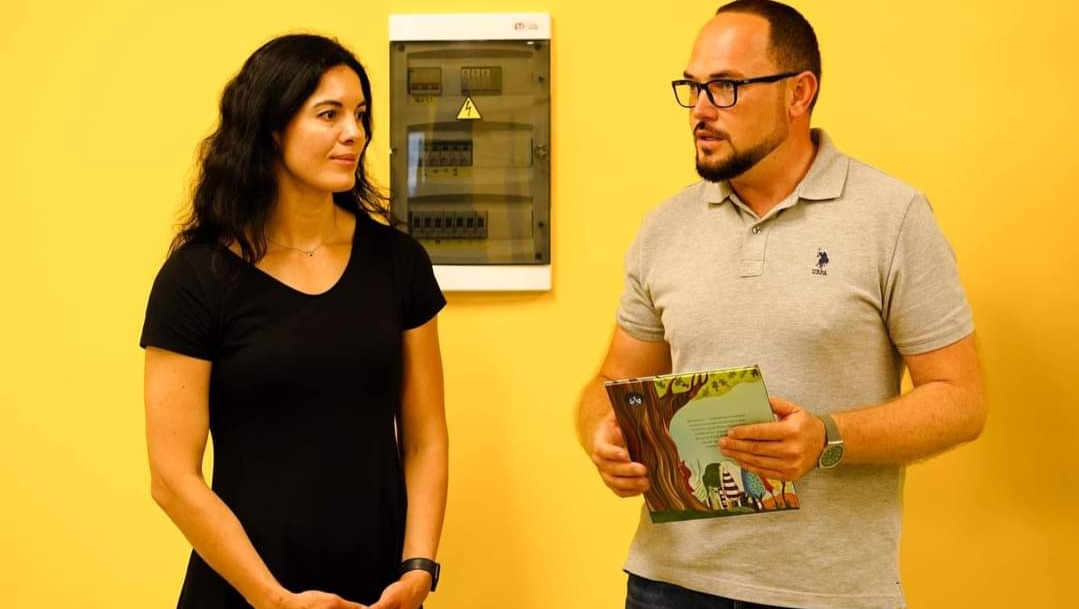
Support is provided directly to children through a Mental Health Corner in the school library. There are master classes twice a month, book readings, art and performance projects. Psychologists have been brought in to ensure that traumatised children’s needs are met most effectively. Children who have not been directly damaged by the war get a chance to connect and communicate with those who have.
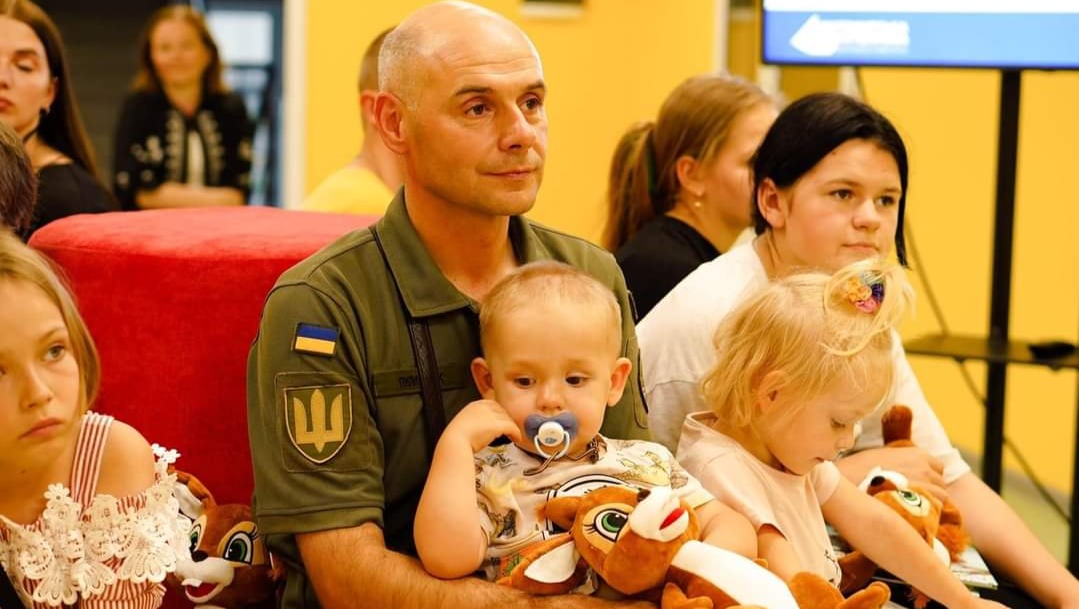
Further support is available to parents, with psychologists again at hand to talk through all the challenges involved in dealing with disabled and traumatised children, and to explore ways to cope with trauma and anxiety amid the ongoing war. There will also be coffee mornings, museum visits and workout sessions.
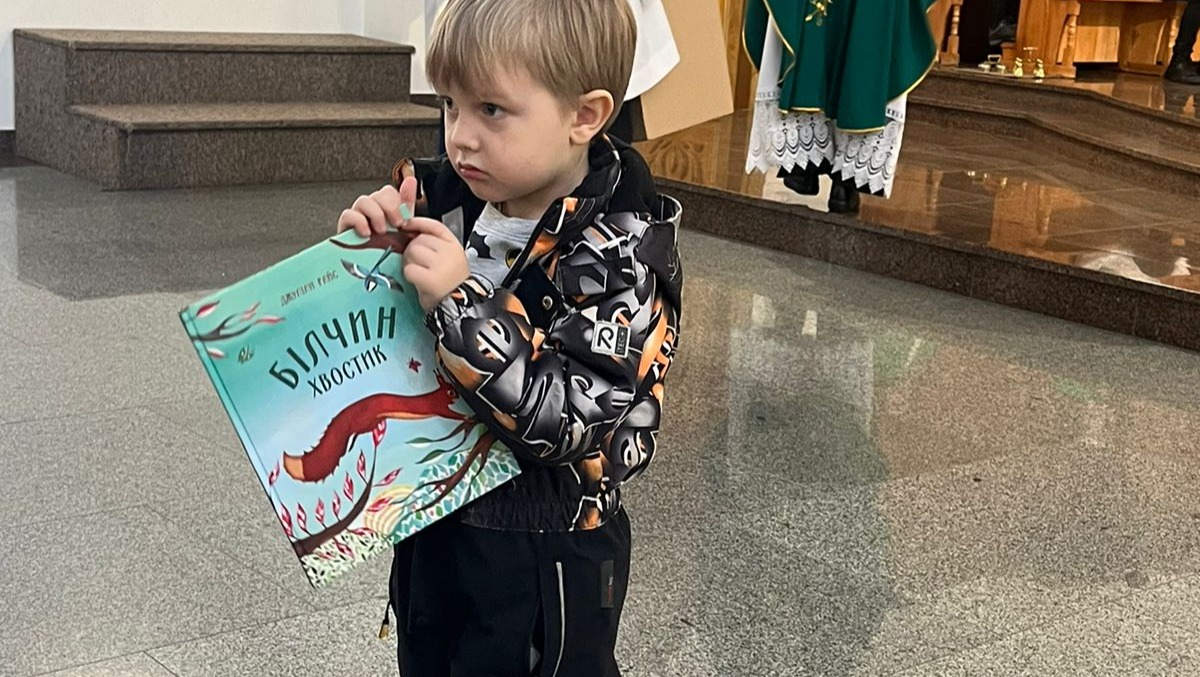
Pilot events
Olena has already worked with the state hospital and psychologists on a series of events to identify families which need additional help and develop ways to provide support:
• at the state university with psychologist support
• in the children’s development centre at the local church
• in the school for disabled children, to create an art project linked to International Space Day.
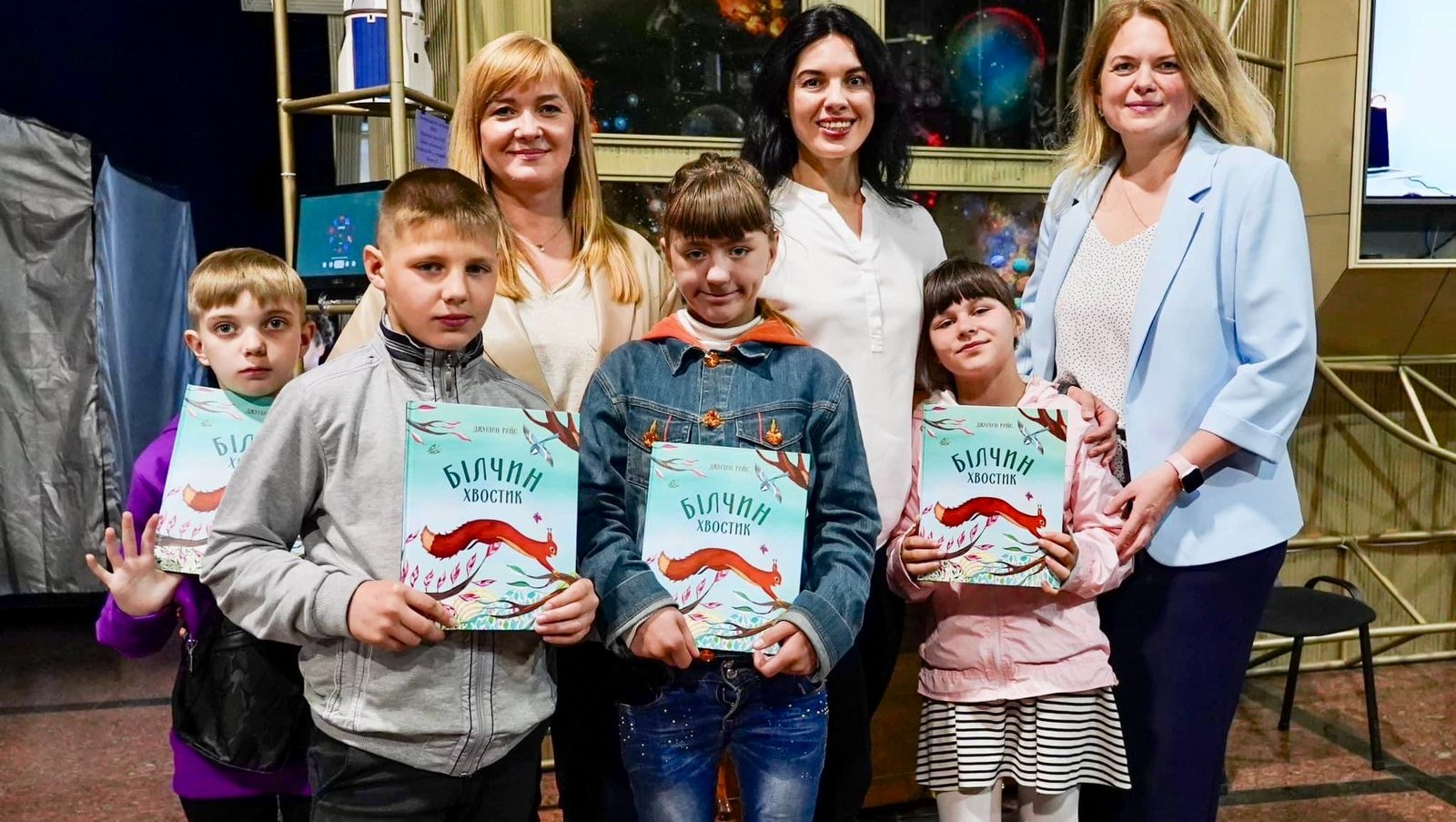
At all these events, children were given a copy of The Squirrel’s Tail and offered guidance and support, while families that need extra help were identified. Tragic examples include a soldier with five children whose wife has died with COVID complications and a small boy whose mother committed suicide around the time of his birth.
These pilot events helped build essential partnerships and develop the programmes which the centre is determined to provide. It is here that funds are desperately needed.
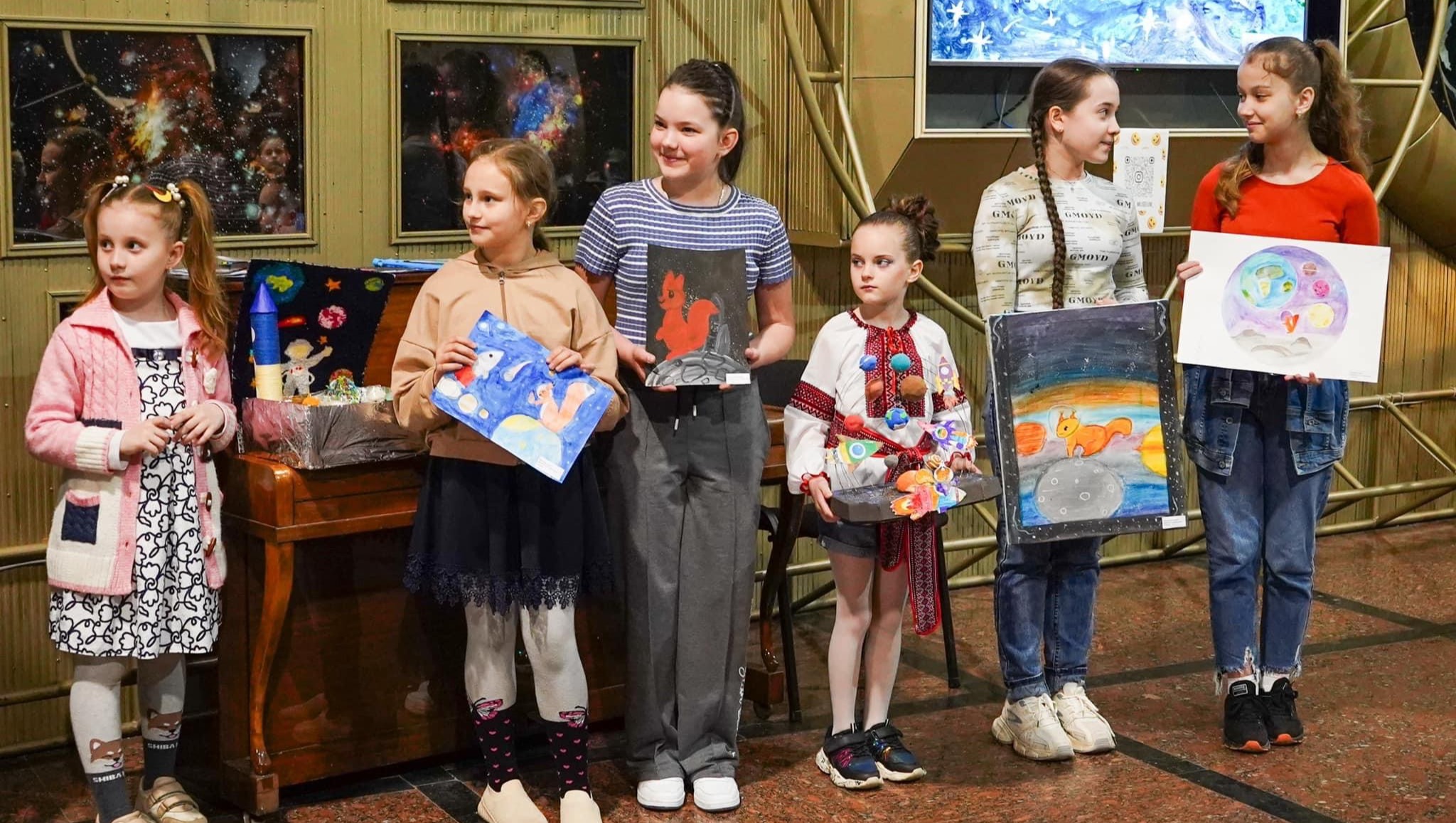
So what will the centre do with your money?
Any money raised will be used for three essential things:
1. Furniture, toys, art materials and equipment for the family centres in the school, the university and the Space Museum
2. Cooking utensils and basic food for parents identified at community meet-ups as in urgent need of material support
3. Further professional support from psychologists to ensure the programme deals appropriately with trauma.
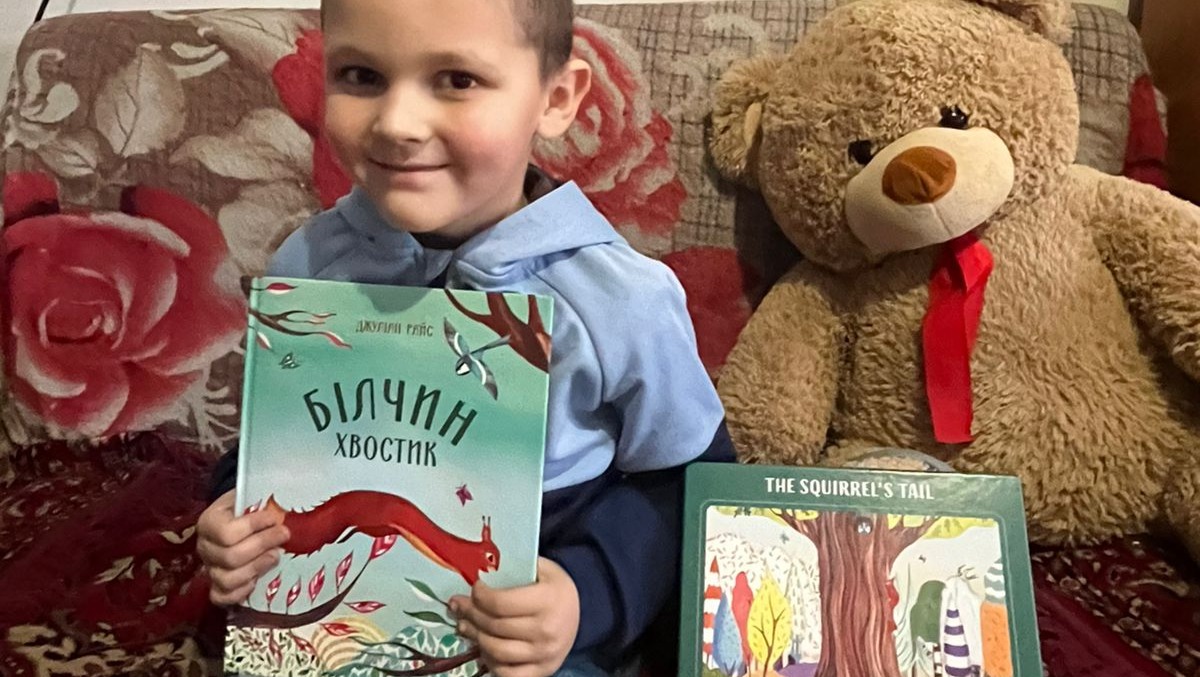
Any remaining money will be used to expand the programme throughout the city, initially within the state hospital, with a view to eventually creating similar programmes and centres in other cities.
Special thanks goes to all the partners behind this programme: rehabilitation psychologist Nataliya Kharytonova, the principal in the school for disabled children Svitlana Lesyk, the head of children's development centre Olena Orlova, and to Viktor Yevdkimov from Zhytomyr State Polytechnic University.
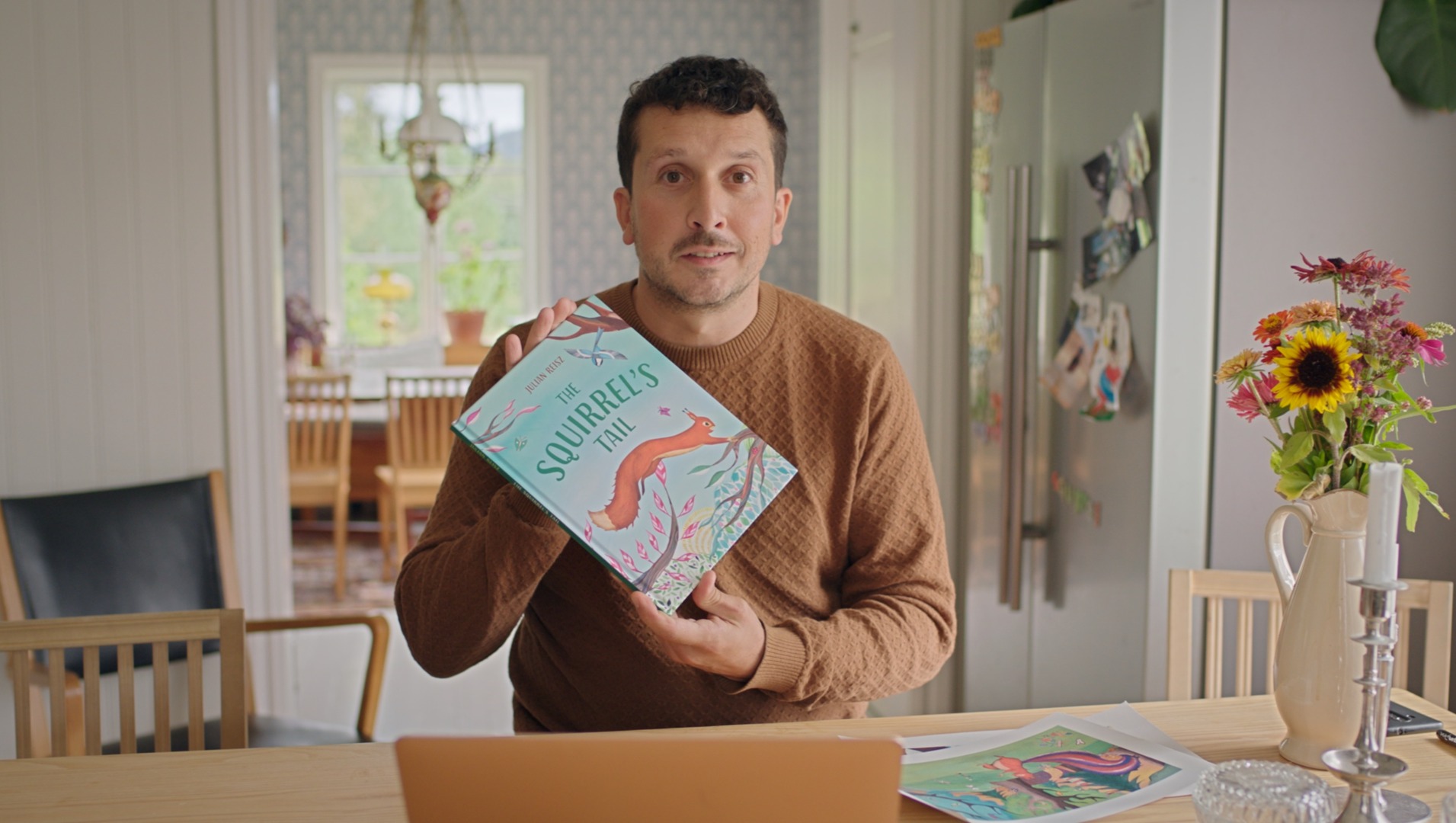
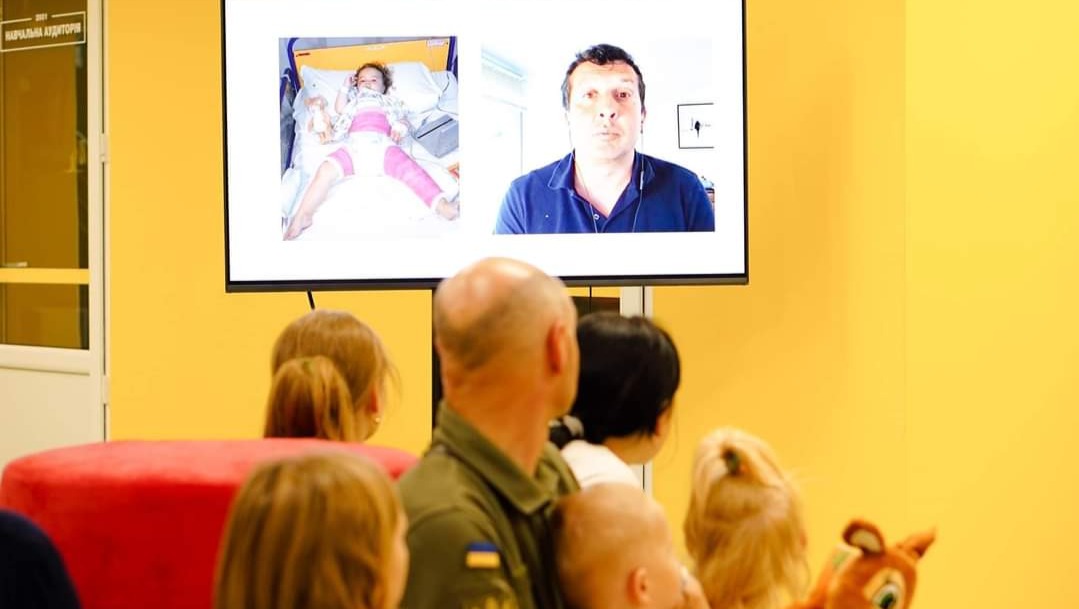
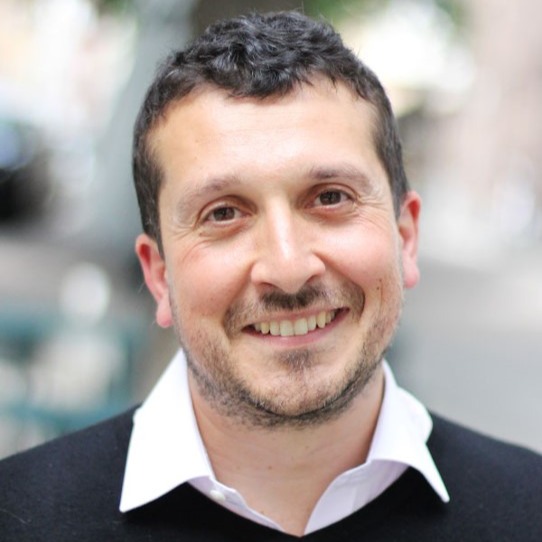 Organizer
Organizer
Julian Reisz
Organizer
Spånga, AB, Sweden, AB